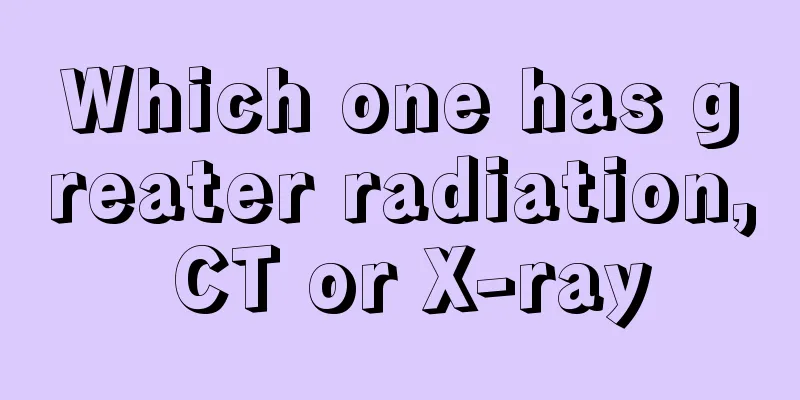What are the manifestations of mental disorders

|
Mental disorders actually include a lot of psychological illnesses, the most common of which is schizophrenia. Once this disease occurs, it is very difficult to get good rehabilitation treatment, and it can only be relieved by some antipsychotic drugs. However, during the course of the illness, it will recur repeatedly, and it is impossible to live a normal life. It can only rely on drugs to maintain the development of the disease. It will also cause a lot of symptoms. These symptoms are generally related to their own consciousness and mental state. Patients will often feel that their emotions fluctuate greatly, their personalities become very irritable, and they may even be unable to communicate normally. If these symptoms occur, it means that the patient's condition has become very serious. Schizophrenia Schizophrenia is a common mental illness with unknown etiology. It is characterized by multiple disorders in perception, thinking, emotion, will and behavior, and is characterized by incoordination of mental activities or detachment from reality. Usually consciousness is clear and intelligence is intact, but some cognitive impairment may occur. During the illness, self-awareness is basically lost (self-awareness refers to the patient's awareness and critical ability of his own mental illness. It is one of the important indicators used by psychiatry to determine whether a patient has a mental disorder, the severity of the mental disorder, and the effectiveness of treatment). In other words, schizophrenic patients deny that they have a mental disorder and refuse treatment. 1) Simple type: The disease occurs during adolescence with a slow onset and is often difficult to detect in the early stages. Symptoms similar to neurasthenia may appear: fatigue, weakness, insomnia, poor academic performance, loneliness, laziness, and emotional indifference. Sometimes it is mistakenly believed that the patient has a dark mind or personality problems. 2) Adolescent type: It often occurs during adolescence, with an acute onset, and is mainly manifested by bizarre and incomprehensible thoughts, moody emotions, childish, stupid, impulsive behavior, and increased sexual desire and appetite. 3) Paranoid type: It often occurs in young or middle-aged people, with a slow onset. The initial symptoms are sensitivity and suspicion, such as feeling that people around are talking about them or rejecting them. Later, they will gradually become convinced of their own ideas and form delusions. Their behavior and emotional activities will also be dominated by hallucinations and delusions. 4) Tension type: It is rare nowadays, mostly occurring in young and middle-aged people, with rapid onset and often characterized by stupor. The patient has inhibited speech and movement, refuses to drink or eat, has muscles tensed and fixed in a certain posture, and has no response to the environment. The patient may even suddenly get up, injure people and destroy things without purpose, and then suddenly lie down again. |
<<: What are the effects of formalin
>>: How to treat psychogenic frequent urination
Recommend
Is there any way to treat nasal congestion?
There are many reasons for nasal congestion, such...
We must guard against the causes of kidney cancer as early as possible
At present, the occurrence of kidney cancer will ...
Should I take vitamin C after or before meals?
Vitamins play a very important role in the human ...
Nursing precautions for lung cancer patients with persistent cough
Due to the constant stimulation of the bronchi an...
Can CT scan detect nasopharyngeal cancer? How to prevent nasopharyngeal cancer
Can CT scan detect nasopharyngeal cancer? How to ...
What is the appropriate SPF of sunscreen?
Sunscreen is something that many girls need to us...
What diseases may be complicated by pituitary tumors
Everyone is familiar with pituitary tumors. After...
Can bamboo charcoal effectively remove formaldehyde?
In fact, many people need to pay attention to the...
How to kill swimming crabs
There are many types of crabs. When choosing the ...
Symptoms of female axillary lymphadenopathy and self-examination methods
Many women complain that they can feel lumps unde...
How to treat chloasma caused by qi stagnation and blood stasis
Qi stagnation and blood stasis are not only bad f...
Is 38 degrees considered a fever?
If we measure our body temperature, is 38 degrees...
What are the factors that induce gastric cancer? Five major causes of gastric cancer that need to be watched out for
Gastric cancer is one of the most common tumor di...
A brief discussion on the causes of prostate tumors
Everyone wants to have a healthy body, but prosta...
Can fatty liver be treated? Diet therapy can help you
The current incidence of fatty liver is increasin...









